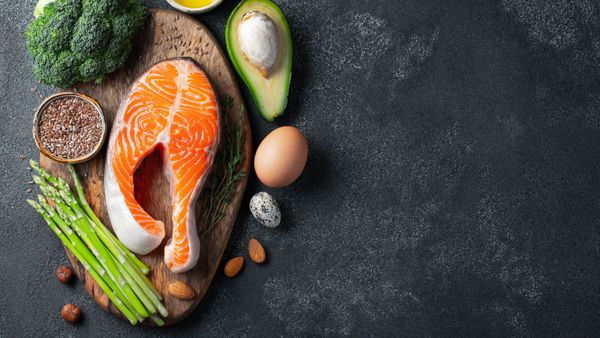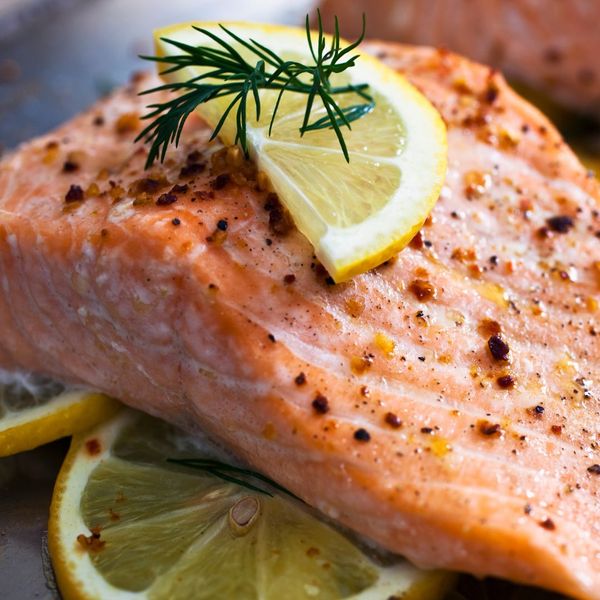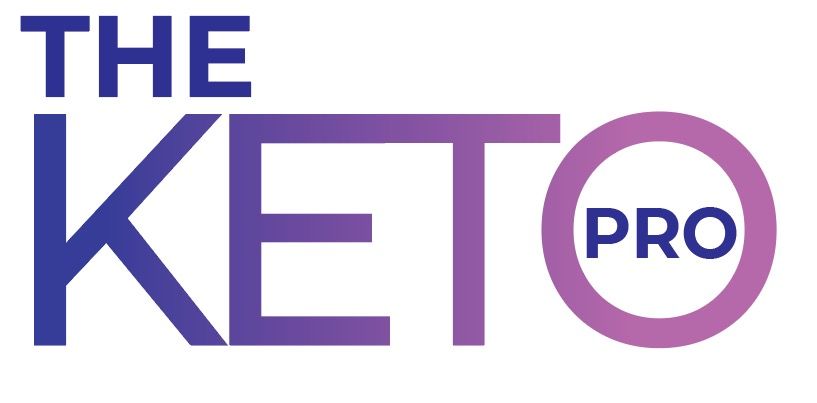In the world of health and fitness, the question of how much protein one should consume has been a perpetual puzzle. Amidst the chaos of counting macros and deciphering dietary trends, protein stands out as a cornerstone for long-term success. But the real conundrum lies in determining the optimal amount and quality of protein intake.
**Unlocking the Secret to Protein: Finding Your Ideal Balance**
Through my years of experience in the field, I've come to realize that understanding your ideal body weight is crucial in unraveling the protein mystery. Think of it this way: just as you wouldn't deplete the wood from inside your house to build an extension, you can't compromise your body's structure by skimping on essential protein.
Our bodies are in a constant state of repair, necessitating a steady supply of protein. After the age of around 25, our protein needs remain relatively constant unless we undergo significant muscle growth or age-related changes that affect absorption.

Ideal Body Weight
So, how do you determine your ideal protein intake? It starts with knowing your ideal body weight, a metric often overshadowed by lofty weight loss or fitness goals. Your ideal body weight serves as the foundation upon which your protein goals are built.
Finding your ideal body weight involves various formulas, but it's important to note that it may differ from your desired weight. For example, a friend of mine aims to weigh 150 pounds for confidence and strength, but her ideal body weight is around 120-124 pounds. Therefore, her protein goals are based on her ideal weight rather than her goal weight.

What It Looks Like
So, let's get down to the numbers. Forget the one-size-fits-all approach of one gram of protein per pound of body weight. Instead, multiply your ideal body weight by a range of 1.0 to .8. This provides a personalized protein goal suited to your body's needs.
For instance, if your ideal body weight is 130 pounds, your protein intake should range between 104 and 130 grams per day. This approach ensures you're not overloading on protein, which can lead to discomfort and dissatisfaction.

If you Fast?
It's worth mentioning that fasting can impact your protein intake. While intermittent fasting has its benefits, it's essential to prioritize protein consumption during eating windows, especially if you engage in intense workouts. Strategic fasting combined with adequate protein intake supports muscle maintenance and overall health.

What Kind Matters
When it comes to protein sources, animal-based proteins reign supreme. While there's debate about plant-based alternatives, animal proteins provide essential nutrients and have a long-standing historical precedent.
However, for vegetarians and vegans, meeting protein goals may require extra diligence. Not all plant-based proteins are created equal, and supplementation may be necessary to ensure adequate amino acid intake.

Eat Your Protein First
In the end, achieving optimal protein intake isn't just about numbers; it's about finding a sustainable approach that aligns with your body's needs and preferences. By understanding your ideal body weight and tailoring your protein intake accordingly, you can pave the way for long-term health and vitality. So, enjoy your protein and thrive!
